We desperately need a new mobile operating system
I'm serious, I need a new operating system on my smartphone. What happened to innovation? Why is there nothing new? Why doesn't anyone dare compete with Apple and Google in the mobile world anymore? Is it really impossible to do this?
A boring market
Just take a look at the windows of the stores where smartphones are sold: almost all the products on display use Android, each has its own version, it's true, but it's still Android. The others? All iPhones.
The struggle to create the best mobile operating system has now become the struggle to create customization appreciated by users. The only weapons in possession of smartphone manufacturers, which they use to differentiate themselves on the software side (often) are often only cumbersome gimmicks - not useful in every day life.
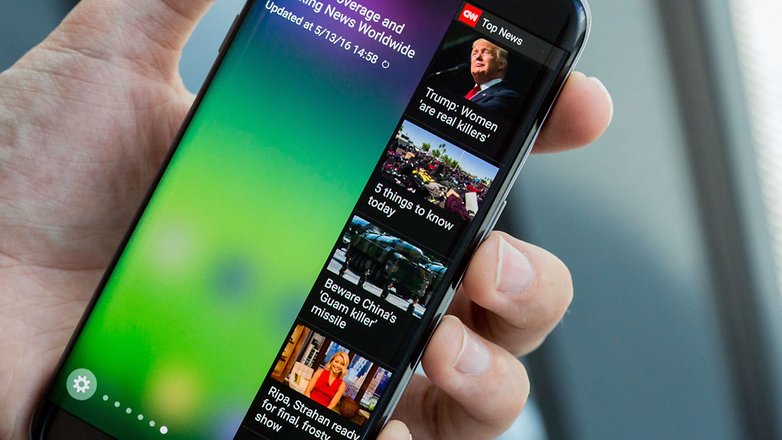
Do you remember the days when every manufacturer had its own operating system? I do, and I often regret those moments. Even thinking about the mobile market struggle, which began in 2013 and saw the emergence of new alternatives makes me feel melancholic.
Nowadays, if you want to buy a new device you have no choice but the infinite and imperfect Android smartphones or the expensive and overpriced iPhone. "Be together. Not the same" was Google's motto - too bad that although smartphones can be varied and suitable for all types of users, whenever it's another Android device, the excitement about new phones (at least for me) disappears faster and faster.
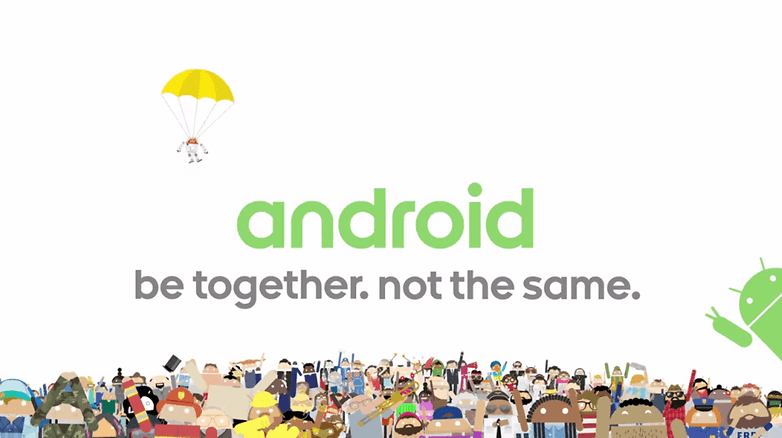
What exactly do I miss?
Variety. And I'm not talking, as I said before, about having different smartphones with different shapes and different specifications, the world has enough of that. What I miss is the experience of discovering hidden features, learning to use a new software from scratch and, why not - learning to get around the small problems that may arise.
If you are using an Android smartphone you are able to use most of the features of any other Android smartphone, despite the different brand, UI and icons.
The period I mentioned earlier and which begun in 2013, saw the birth and death of many competitors of the Apple/Google duopoly, including Microsoft's Windows Phone (which, believe it or not many users are still fond of). There also was Canonical's Ubuntu Touch (which could find a new reason for living thanks to Linux on DeX), Jolla's Sailfish OS (which recently announced its 3.0 version) and Samsung's Tizen (still used on the company's wearables). Not to mention the already dying HP and Palm WebOS that is now used on LG smart TVs.
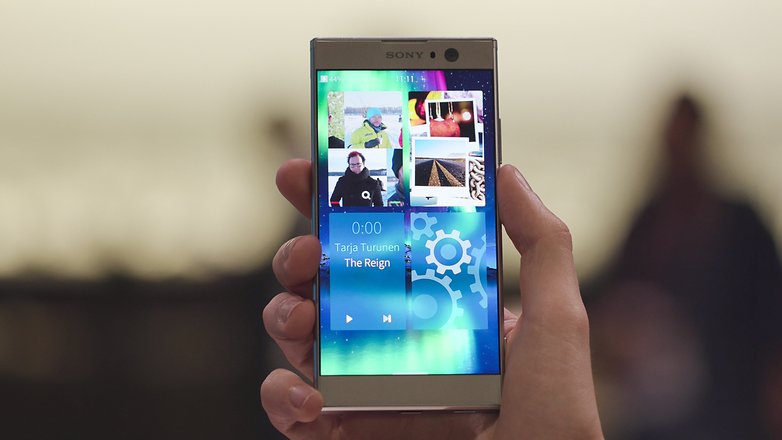
Each different system had (or has) its own rules, interface and a way of interacting with devices. When Apple still used only the home physical button in the huge frames of its iPhone and while Google used the on-screen navigation keys that we still know today, competitors like WebOS, Sailfish OS and Ubuntu Touch already exploited futuristic gestures.
Let's take a photo with @MarcDillonDotFi at #MWC16 #crmwc16 #barcelona pic.twitter.com/B0uc3XFrsB
- Simone Scanu (@ScanuS142) 25 February 2016
Sailfish OS is an operating system developed by the Marc Dillon team for one-handed use. Ubuntu Touch, the converged system for smartphones, tablets and PCs with a metamorphic UI and community support. WebOS, the king of multitasking. All projects from which both Apple and Google have drawn many ideas.
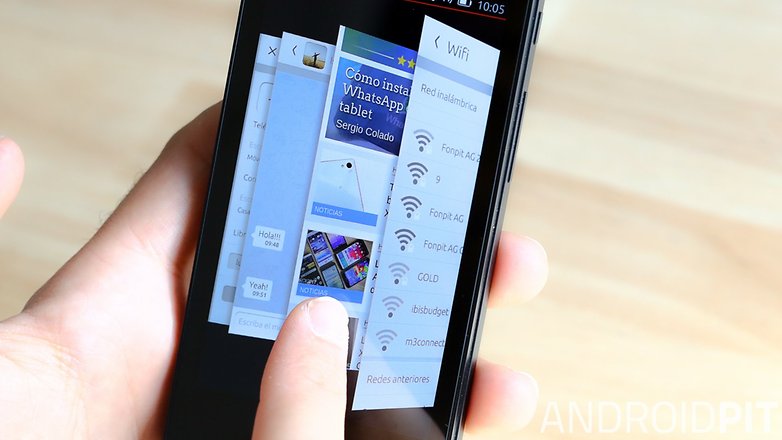
Even Google got bored of Android
Yes, even the company that allowed Android to grow and spread like a virus seems to have had enough of it. We are not talking about executives, who obviously see Android as a source of almost inexhaustible profit, but about the developers themselves. That's why a few years ago the company started to develop a parallel project called Fuchsia OS. It is based on the new Magenta kernel (no Linux, used until now on Android and beyond).
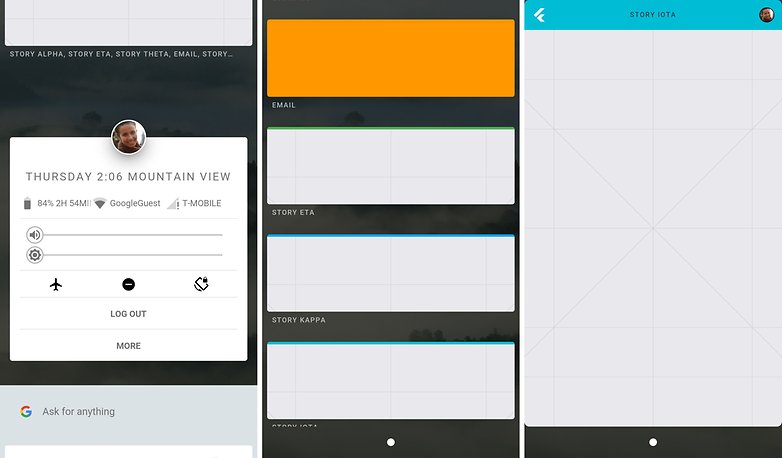
Not only is the company testing the system internally on some of its own devices, but external brands also seem to be interested in the idea. One of the latest reports on the net mentions Huawei who seems to be trying Fuchsia on his Honor Play and has worked to make the OS bootable on the Kirin 970.
Rumors about Huawei building his own operating system have been circulating for a long time. What if maybe the company was working with Google to perfect Fuchsia? What if Huawei was for Fuchsia what HTC was for Android? The questions are becoming complex and I will probably not receive any answers in the near future. Let's just hope Huawei doesn't end up like the Taiwanese company...
Are you also fed up with what the smartphone market has to offer? Do you think it is impossible to break the monopoly of Google and Apple? Let us know in the comments.
#Google #Android #Smartphones #OS #News @ndrdnws #ndrdnws #AndroidNews
